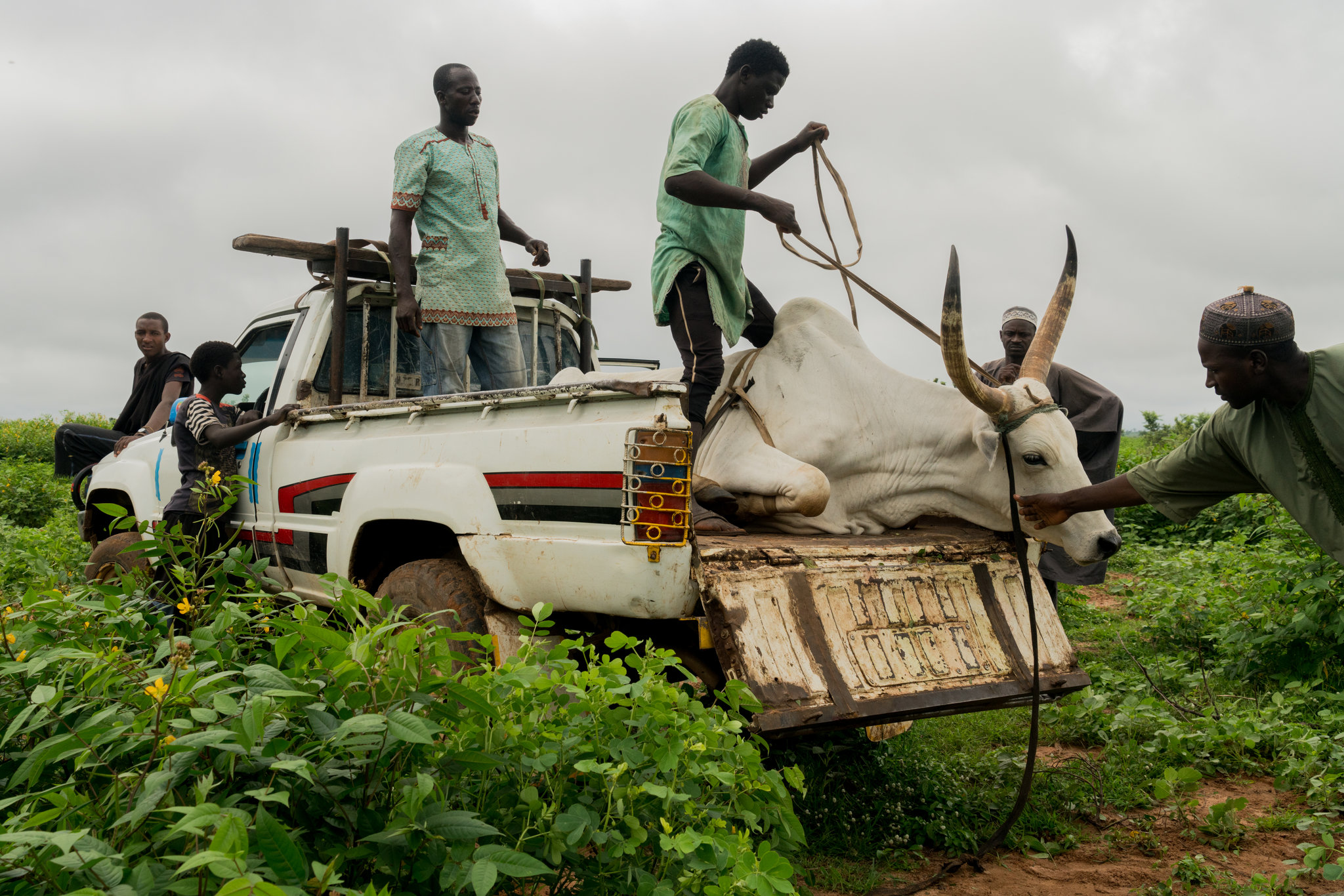On the morning of June 14, terror swept through Yelewata village in Nigeria’s Benue State. More than 100 people–men, women and children–were murdered in a coordinated attack, according to survivors and rights groups. Suspected armed herdsmen stormed the community, setting homes alight and shooting residents, many of whom were caught inside their buildings.
Not the first tragedy of its kind, it underscores a deeply entrenched cycle of violence in Nigeria’s Middle Belt region. The conflict is rooted in longstanding tensions between nomadic cattle herders and settled farming societies, fuelled by competition over water and land, weak enforcement of grazing regulations, and politicised ethnic divisions.
Human rights observers describe the attack as another sign of Nigeria’s weakening capacity to address rural insecurity and intercommunal grievances.
Although security forces were deployed after the massacre, these band-aid responses always arrive too late. What Benue and similar tense regions desperately need are preventive, grassroots solutions that douse tensions and reframe the fractured relationship between farmers and herders.
One promising model is the Peace Architecture Dialogue (PAD) model piloted in Plateau and Nasarawa states. PAD brings together traditional rulers, herder associations, farmer unions, and local authorities to develop conflict prevention strategies grounded in local cultural dynamics.
Through early warning systems and inclusive dialogue, communities are better equipped to report threats before they get out of hand.
Adapting and scaling up this model to Benue could strengthen grassroots resilience and and enhance real-time conflict management.
The revitalization of grazing reserves is another structural approach. Nigeria’s 1965 Grazing Reserve Law, though antiquated, laid a foundation for allotted grazing reserves. Today, states like Nasarawa and Kaduna are experimenting with modernised “ranching clusters”–that is, designated areas equipped with veterinary services, water points, and pasture. These reduce the need for long-distance nomadic grazing and farmer-herder clashes.
Although Benue proposed a similar initiative in 2018, political resistance stalled its development. With inclusive stakeholder engagement, involving pastoral groups particularly, a reimagined version could help address the root causes of seasonal violence-prone migration.
Digital innovation also shows promise. Mercy Corps, an international NGO, has piloted a Conflict Alert System that integrates incident reporting using GPS mapping and real-time alerts for security forces and community leaders. In less than a year, the system has helped prevent several potential clashes. If deployed in Benue and other conflict-prone local government areas, such tools could plug the information gap that leaves these communities vulnerable.
Nationally, the National Livestock Transformation Plan (NLTP) that was launched in 2019 aims to modernise livestock production and reduce open grazing By promoting ranching and providing infrastructure, training, and veterinary access, the NLTP seeks to reduce farmer-herder tensions. While implementation has faced resistance in some states, the plan has recorded success in areas like Adamawa and Nasarawa, where ranches operate with minimal conflict.
The Yelewata massacre is a grim reminder of Nigeria’s fragile rural security–and also a call to action. Available, locally tested solutions exist. If they’re scaled and sustained and politically supported, they could rewrite the narrative from violence to coexistence.
Now more than ever, national authorities must not merely respond to bloodshed but must invest in peace. In Benue, the “food basket” of Nigeria, safeguarding lives is as indispensable as safeguarding land.
In a tragic event on June 14, more than 100 individuals were killed in Yelewata village, Nigeria, by suspected armed herdsmen, highlighting the persistent violence in Nigeria's Middle Belt region. This conflict stems from long-standing disputes between nomadic herders and settled farmers over resources, weak enforcement of regulations, and ethnic tensions. The attack indicates Nigeria's struggle with rural insecurity and the need for grassroots solutions to mitigate these tensions.
Promising strategies include the Peace Architecture Dialogue (PAD) model, which fosters early warning systems and inclusive community dialogues to prevent conflicts. The revitalization of grazing reserves, through modernized ranching clusters, could reduce farmer-herder clashes by minimizing the need for nomadic grazing. Political resistance has stalled similar initiatives in Benue, but with stakeholder engagement, these could address the root causes of conflict.
Digital innovations like the Conflict Alert System, which uses GPS mapping for real-time alerts, and the National Livestock Transformation Plan (NLTP), aimed at modernizing livestock production, offer further solutions. While the NLTP faces resistance in some areas, it has recorded successes in reducing conflict elsewhere. The Yelewata massacre serves as a critical call to action for investing in peace and implementing sustainable solutions in violence-prone regions.






